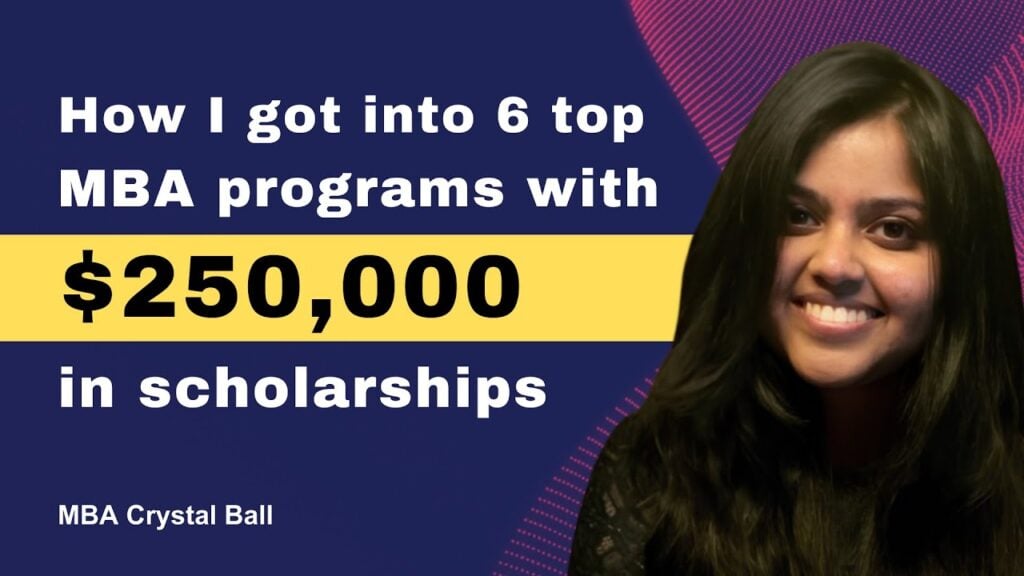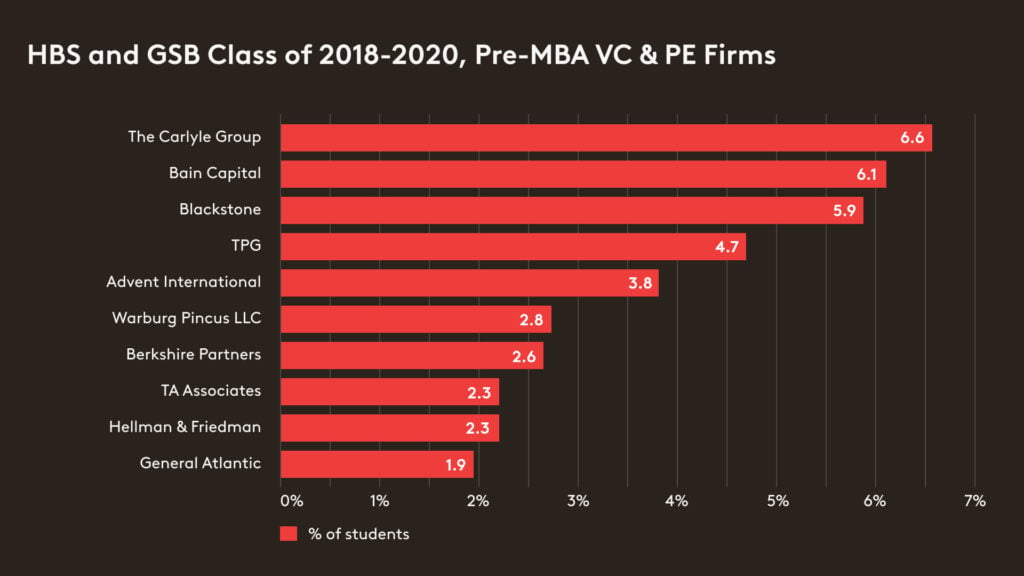From Middle Market PE to Harvard MBA
Yawer faced a number of challenges in applying to the highly competitive HBS MBA. Menlo Coaching helped him present the best case for admission, and by the end of the process, his somewhat-standard private equity profile and international upbringing became crucial focal points of his application.
- Undergraduate Institution
Northwestern University - Pre-MBA Industry:
Private Equity - Career Goals:
Move Up the Private Equity Ladder - Admitted At:
Harvard, Wharton, Kellogg - Coach:
David
Harvard Business School (HBS) admits many private equity MBA students, but a very large number of them come from a handful of mega-funds:
Yawer worked at a middle market firm, and showed how it’s possible to get into HBS without the mega-fund brand, and without some of the traditional X-factors in MBA admissions, like overcoming hardships growing up, or coming from an under-represented applicant pool.
Challenge #1: Making PE Work Exciting to the MBA Admissions Committee
Hundreds of private equity MBA applicants have told us the same thing:
My job is nothing unusual. I source and analyze deals, write memos, and present them to investment committee meetings.
Although all PE roles are structurally similar, our experience is that asking the applicant enough questions will uncover exciting things, and with Yawer it was no different. His application story was built around two big professional achievements that demonstrated his high emotional intelligence.
One of Yawer’s portfolio companies had a CEO who was very excited about growing the business. So excited, in fact, that the CEO tapped all of his lines of credit, spent the money on long-term investments, and ended up in a bit of a cash crunch. It was Yawer’s job to go hat-in-hand to the lenders to ask for (another) loan. The story of balancing the interests of all of the competing parties—the lenders, the CEO, the investment committee, and the service providers like accountants and lawyers—took a high degree of empathy and the ability to put yourself in another’s shoes. Yawer also showed his humility by admitting that the skilled negotiators working for the lenders had used time pressure as a tool and talked about how he could have secured an even better outcome if he had gone through the same negotiation again.
The other case that showed Yawer’s maturity and high EQ was guiding a distressed portfolio company through the sale of some real estate assets, and even a few of the company’s branch offices. Like any decision to sell a business unit, this was a heavy decision that involved weighing possible job losses against the risks of running an unprofitable division, and Yawer demonstrated that he made these decisions in a way that was respectful of all stakeholders.
Challenge #2: Telling the “Third Culture Kid” Story in a Fresh Way
Any MBA admissions officer has read certain stories thousands of times:
I moved from my home country to a new country. Integrating in my new location was really hard, but I gained an international perspective.
But Yawer really did have a highly international upbringing, owing to the fact that his father was an executive whose job frequently moved him from place to place, and we wanted to bring this story to life.
This happened by finding the little details that would stick with the reader. For example, his father’s company made potato chips, and we talked about how Yawer sampled the flavors associated with each new country: oregano chips in Greece, and even hot chili squid chips in Thailand. Yawer balanced the light, fun details with deeper reflection on the more serious moments in his international upbringing, like how it felt living in the US as a South-Asian family during the immediate aftermath of the 9/11 attacks.
Challenge #3: Balancing the MBA Application Process With PE Working Hours
As all PE applicants do, Yawer worked very long hours, and he recognized early on that there was a risk of producing low-quality applications just because of a lack of time:
And the last thing you want to do is have a jam job at the last day because you’re not going to produce your best work then.
Yawer overcame this in two ways. First, he began six months ahead of the deadlines, working on his personal story even before the essay prompts were released at his target schools. Second, he took advantage of our structured Basecamp project management system to keep him on track with each of his deadlines.
And then lastly, I’m someone who likes to have a roadmap to where I’m trying to get to, and developing a roadmap with David is really helpful in terms of six months out from the application date and I do X, Y, and Z by certain dates. It really just kept me on track because with my job, it was really easy for me to just procrastinate, quite honestly, and push things down the road. But with an MBA application, that’s not really an option because it’s a very iterative process between the essays and just crafting your story. It’s not something you can just crank out in a week.
Whether you are a private equity professional, or an MBA applicant from another very demanding job such as consulting or investment banking, you might also benefit from starting ahead of time through our Early Birds program.
Want to hear more admissions case studies from real MBA candidates? Check out our collection of Applicant Stories.
For comprehensive support on your applications to top MBA programs, contact us to get started.
Limited spots available – Don’t miss out!

